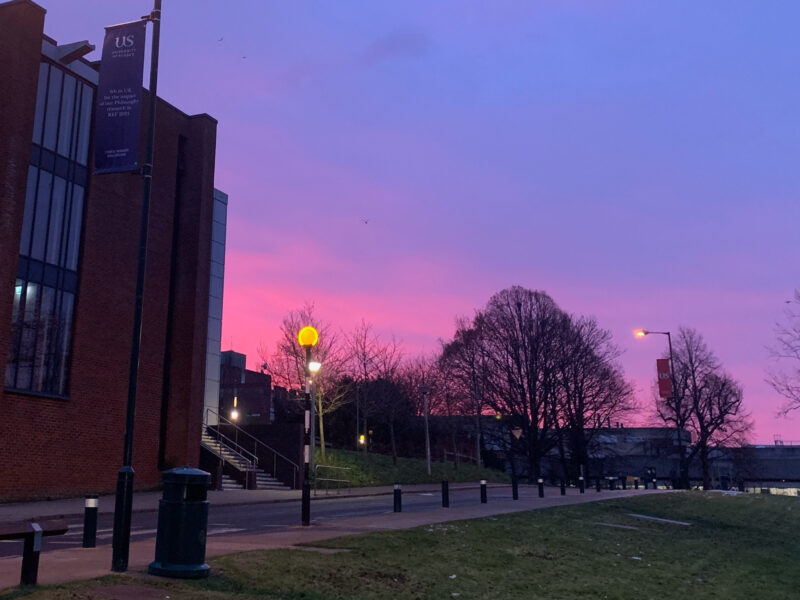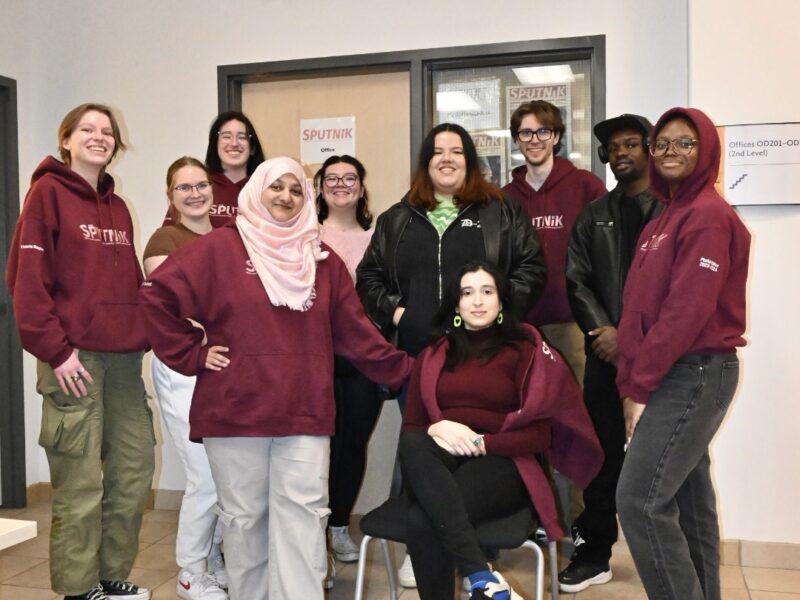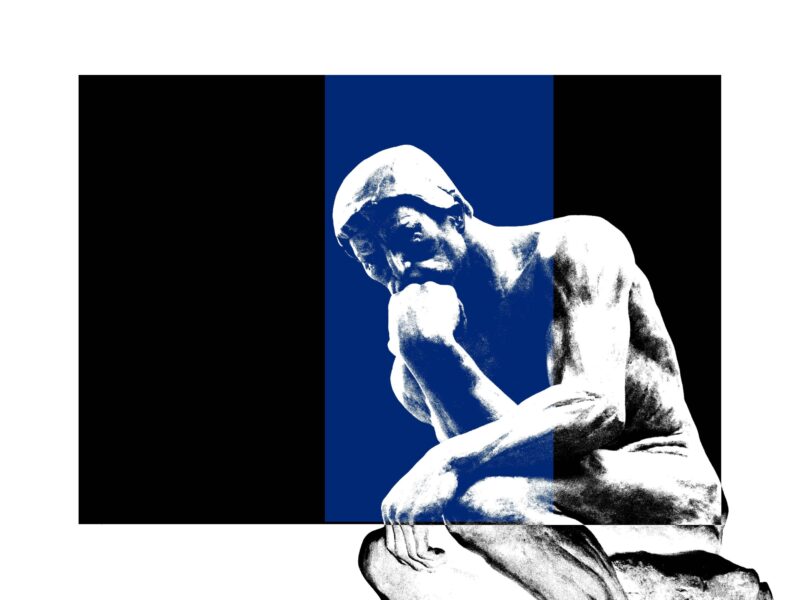Olga Steblyk / Sputnik Photography
When I moved to Brantford for my studies, I found myself in a place with little diversity and opportunities for communal cultural experiences. A feeling that’s not talked about enough among students is the feeling of cultural isolation when being introduced to a new environment that does not have many spaces to share similar interests, language or traditions.
The City of Brantford itself has many attractions but there’s not a large variety of communities to integrate yourself with. How do students find a sense of security in homogenized spaces? Being a person of colour, there’s a shared understanding that westernization tends to suppress our ability to express culture or find a similar group to share it with. In slang terms, people can become more “whitewashed” or hesitant to maybe speak their native language, cook traditional meals or shy away from experiences out of embarrassment.
A good example of accepting culture and bringing it into western spaces is a current NFL football player, Jeremiah Owusu-Koramoah. He plays for the Clevland Browns and became popular on social media for wearing Ghanaian dress on his game days. The NFL is known as a traditionally white American symbol and in Jeremiah bringing in his cultural differences and leaning into his community, that unbridled choice of expression works to open conversations of forms of assimilation. More importantly, it creates an understanding that culture is not threatening, it’s authentic and holds its strength on its own.
While culture can hold strength through tradition and history, it continues to do so when newer generations bring it into a modern setting. The process of connecting to your culture helps expression and authenticity come through in areas that feel heavily restricting. That can be wearing certain clothes at school versus being at home, code-switching or changing the food you eat in public. There’s many ways shame can form and further damage someone’s mental health over time.
The philosopher and political activist Edward Said discussed how the world has been set up to make people assimilate or feel isolated in their culture differences. His idea of Otherness in his work, Orientalism, explores how the Orient/Other is a western tool to maintain power whether it be culturally, institutionally or nationally. This concept is popular in academic literature and has been applied to different generations.
While his work is in a global context and I am exploring a narrow experience, aspects of the other tend to bleed into regular life. It’s important for those who are deeply connected to their culture to find ways to lean into their traditions even if there’s not a lot of options in your area. Whether that be wearing cultural clothing or jewelry, surrounding yourself with specific literature and music, finding communities online and so forth.
I found myself stepping away from my culture at certain times when I moved and I assumed many other people had similar struggles worth writing about. I soon realized it’s irreproachable authenticity that allows for cultural expression.
This article was originally published in print Volume 23, Issue 7 on Thursday, March 7.




